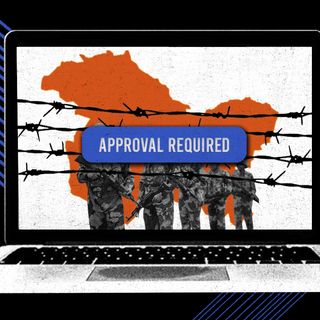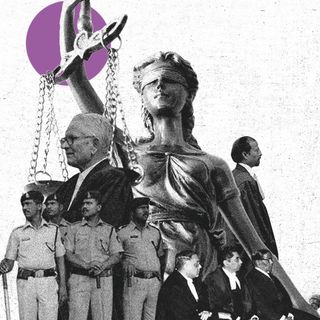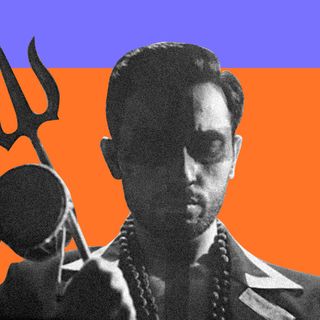The Bombay High Court has issued a set of guidelines for the electronic and print media, as well as for the general public, aimed at preventing the disclosure of the identities of rape survivors either “directly or indirectly.” The court has also outlined which actions that contravene the guidelines are punishable and how.
The court formulated the guidelines while hearing a petition filed by the mother of a rape survivor seeking stricter rules for media coverage of rape. The mother alleged that local press coverage of the crime against her daughter led to her daughter’s identity being “invariably disclosed”; as a result, the daughter’s mental health deteriorated.
In December 2018, the Supreme Court had held that Section 228A of the Indian Penal Code — which makes disclosure of a rape survivor’s identity punishable with imprisonment — extends beyond the disclosure of a name; if a survivor’s identity is even “discernible from any matter published in the media,” media would be punishable under the statute.
The apex court had noted that since the object of the law was to prevent the victim from facing social ostracization, hostile discrimination or harassment, the law should be interpreted in a manner to prevent that from happening by any means. Hence, the court had issued directives to protect the privacy and identity of the victim to be followed primarily by authorities and investigating agencies.
Related on The Swaddle:
Same‑Gender Sexual Harassment Is Covered By POSH Act: Calcutta HC
In the present case, the Aurangabad Bench of the Bombay High Court noted that despite the previous directives being in place, media coverage of crimes against women is leading to their identities being revealed.
And so, expanding the Supreme Court’s 2018 guidelines and advising the media to “act with circumspection” and “observe restraint,” the two-judge bench has barred the media from disclosing: details of the victims’ families; any manner in which the accused may be related to the victim; residential or work addresses of the accused or the victims; and details of the victims’ educational institutions, among other personal details.
Moreover, the court added that the survivor’s identity should remain concealed even in charge sheets, as well as while recording statements. Even in certain communications with adjudicating authorities, the judgment directs investigating officers to use ‘X‘ or any other letter of the alphabet to refer to survivors, instead of using their names.
The court noted that while identity disclosures may be inadvertent, the ramifications can be traumatic for rape survivors. “We do not mean to say that the media does it deliberately. But in their zeal to publish the news item fast, appropriate care is not taken in some cases and the news is reported by which the victim’s identity becomes known to the readers/viewers,” the judgment by Justice T.V. Nalawade and Justice M.G. Sewlikar reads.




